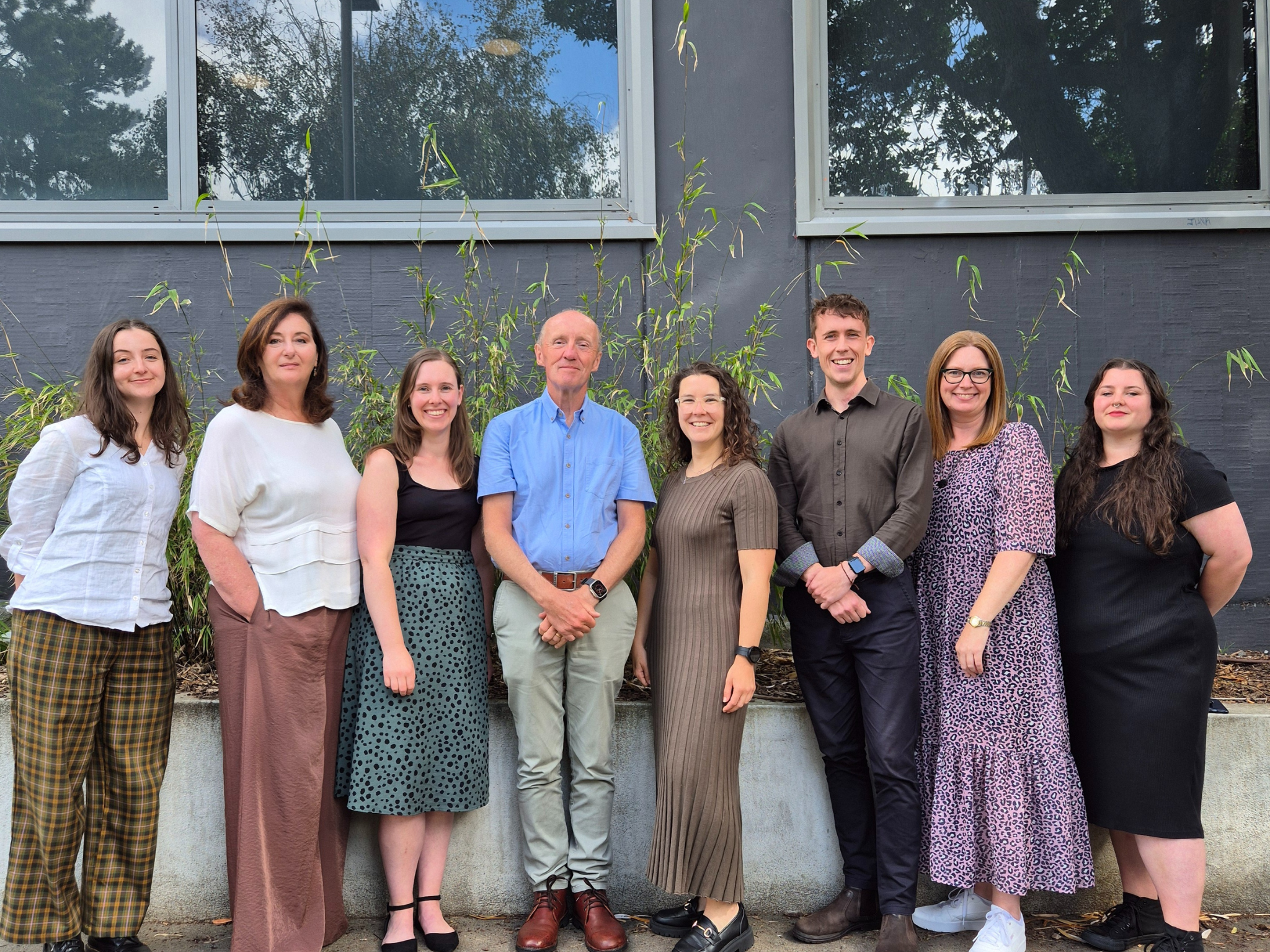Many people come to the Wellington Eye Centre looking for laser eye surgery to rid themselves of their glasses and contact lenses. And we love helping you become free of these optical devices!!
But some of our clients come to us for laser surgery, because they have assumed they can’t wear contact lenses, and that isn’t always the case.
If contact lenses are something you’d like to consider, book to see your local Optometrist. You can ask them if you are suitable, it isn’t necessarily something you will be offered, so do ask! While you’re there, make sure you are up to date for your routine eye examination, it is a good idea to have regular eye checks about every two years.
We are still happy to go over your options as far as laser surgery goes, but it makes sense to try out contacts first right? Sometimes we might even recommend you wear contact lenses for a few months before committing to laser surgery. Our aim is to find the best solution for you and your eyesight, it isn’t about us doing as many surgeries as possible.
So here are a few contact lens-related myths that really need to be squashed!!

I tried contact lenses when I was younger and I couldn’t tolerate them
In the past 10 years, there have been huge advances in the quality of materials that contact lenses are made of and in their availability. The advancements focus on three main areas;
- Materials that improve comfort, especially for people with dry eye
- Materials that maximize the amount of oxygen that passes through the contact lens
- Expanding the range of prescriptions that are available (especially for people with astigmatism)
Increasing oxygen transmissibility makes a huge difference in long-term comfort and safety. New contact lenses have been released in New Zealand as recently as late 2022.
If you were unable to comfortably wear contacts before, there is a strong chance you had some dry eye-related issues. You may not have felt any dryness or irritation with your eyes until you wore contacts. In these cases, most people stop wearing contact lenses, and the problem goes away. However, it is possible that upgrading to one of the new contact lens designs will help. Also digging a bit deeper into the type of dry eye you had may find the solution. This is usually evaporative dry eye. Once treated you will be able to trial contacts again. Any dry eye symptoms will also need to be treated before laser vision correction.
I’m too old to wear contact lenses
People often feel that once they need reading glasses or progressive glasses, they are now too old for laser surgery too. But actually, laser vision correction can help you get rid of your reading glasses or your progressive glasses. As we get older there might be other sight-correcting procedures that are more appropriate than laser vision. But you won’t know for sure till you have an assessment with a laser vision correction center.
Don’t assume your age is a barrier to contact lenses or to surgical correction of your vision, it’s worth checking out the options with a trained eye care specialist.

I need reading glasses – contact lenses won’t help that!
Well, that’s not true! The age-related change that forces us into reading glasses in our 40s, presbyopia, can be corrected with contact lenses.
Just like you can get progressive, multifocal, or bifocal glasses, you can also get these types of contacts! They don’t always give you the same type of vision as your glasses, but they can be very successful at freeing you from your glasses.
Another way around this pesky presbyopia is monovision contact lenses. This is when one eye is fitted with a contact lens that mimics a pair of reading glasses, and the other eye is given a contact lens to give you the best possible distance vision. Sometimes monovision may mean only one of your eyes needs a contact lens, the other eye goes au natural!
Monovision lenses are something we might try you with at the Wellington Eye Centre. They can give you a small taste of what your vision might be like after having laser vision correction. We only do this for our patients who are 40 years or older. Monovision is not as naturalistic or as elegant as the type of vision you can achieve with Blended Laser Vision Correction. But it can be super helpful for many people.
Contact lenses require too much maintenance
Most contact lenses require you to remove them, clean them and store them. If this is too much of a hassle for you, or maybe you work in a dusty or dirty environment, there are two options that might suit you better.
Daily disposables; which you insert in the morning, then remove in the evening and throw in the rubbish. As you put a fresh pair on each day these lenses don’t need to be cleaned. They have their downsides though, there is an environmental element at play, and they end up costing more per day. But they work really well for those people who only want to wear lenses a few days a week.
Extended wear; these are designed to be inserted one day and then stay on the eye overnight for up to 30 nights. The length you can wear them varies between brands. This means you might only need to handle the contact lens once or twice a month! For most people, these contact lenses do not need cleaning. Some individuals find they need to remove the lenses once a week/fortnight for cleaning and to give their eyes a break. The downside of these contacts is that they do cost a bit more than regular monthly lenses and they do come with an increased risk of infection if not handled appropriately.

I have astigmatism, so I can’t wear contact lenses
Well, there are many brands of contact lenses that cater to astigmatism. These are often referred to as toric contact lenses. Most brands will have a toric contact lens in their range that covers up to -2.25 dioptres of astigmatism, some regularly go up to -2.75 dioptres. And you can usually find toric contacts that are daily disposable, 2 weekly, monthly, and even extended wear.
If your astigmatism is higher than that, you may find you can cope with being slightly under-corrected. Alternatively, you might need custom-made contact lenses. Custom-made contact lenses could be soft contact lenses or hard ones. Custom-made contact lenses aren’t available through all Optometry practices, so call ahead and ask the practice if they do specialty contact lens fittings.
At the Wellington Eye Centre, our laser vision correction techniques can correct up to -5.00 Dioptres of astigmatism.
Perhaps this article has made you want to reconsider your contact lens options. If so, please do. The best way to do this is to book an appointment with your local Optometrist. But if you don’t want to wear contact lenses and are interested in laser eye surgery, then please get in touch! You can book a free assessment for your suitability for laser vision correction or call us 0800 733 327.
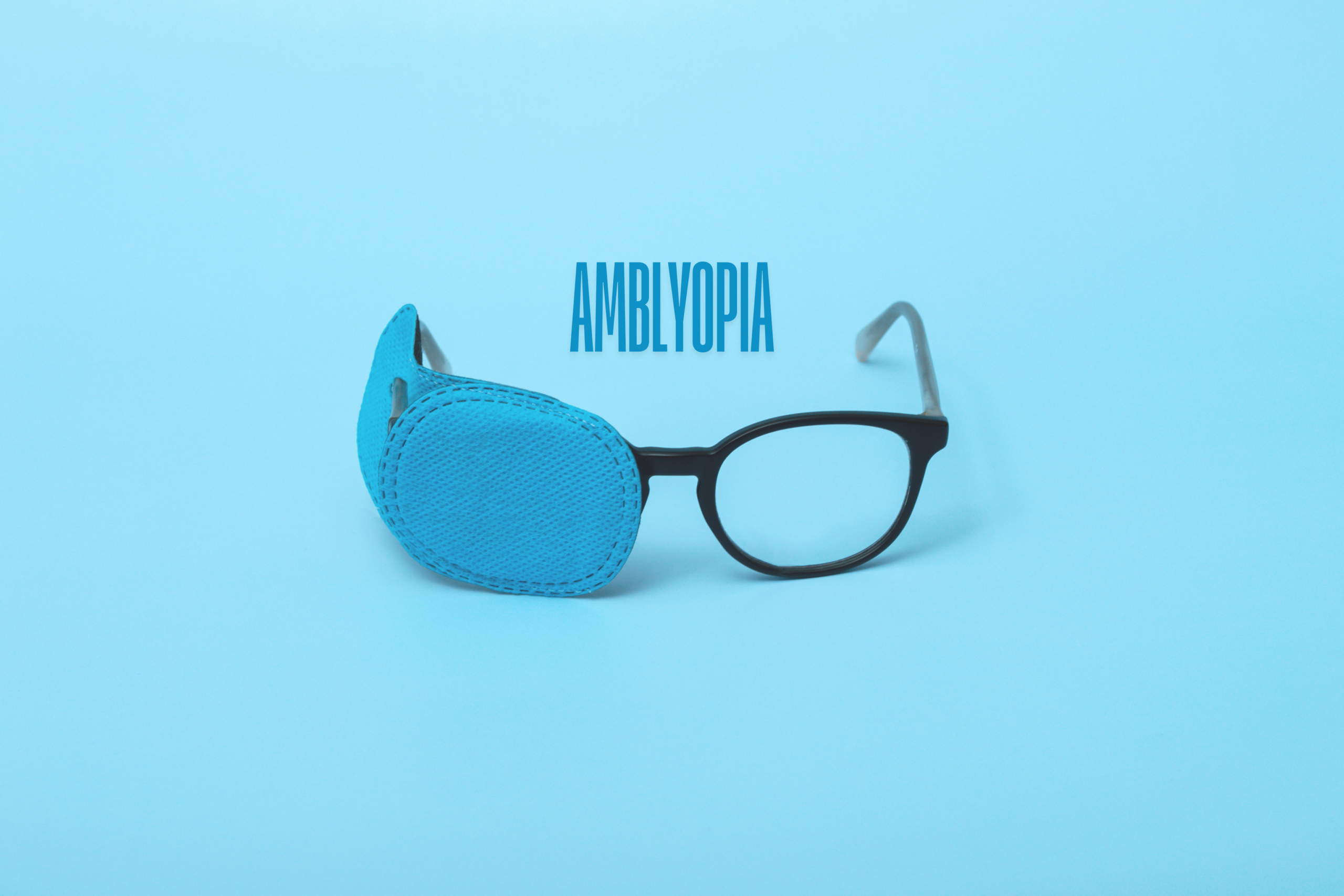
Amblyopia and Laser Eye Surgery

What are the visual requirements to join the Police in NZ?
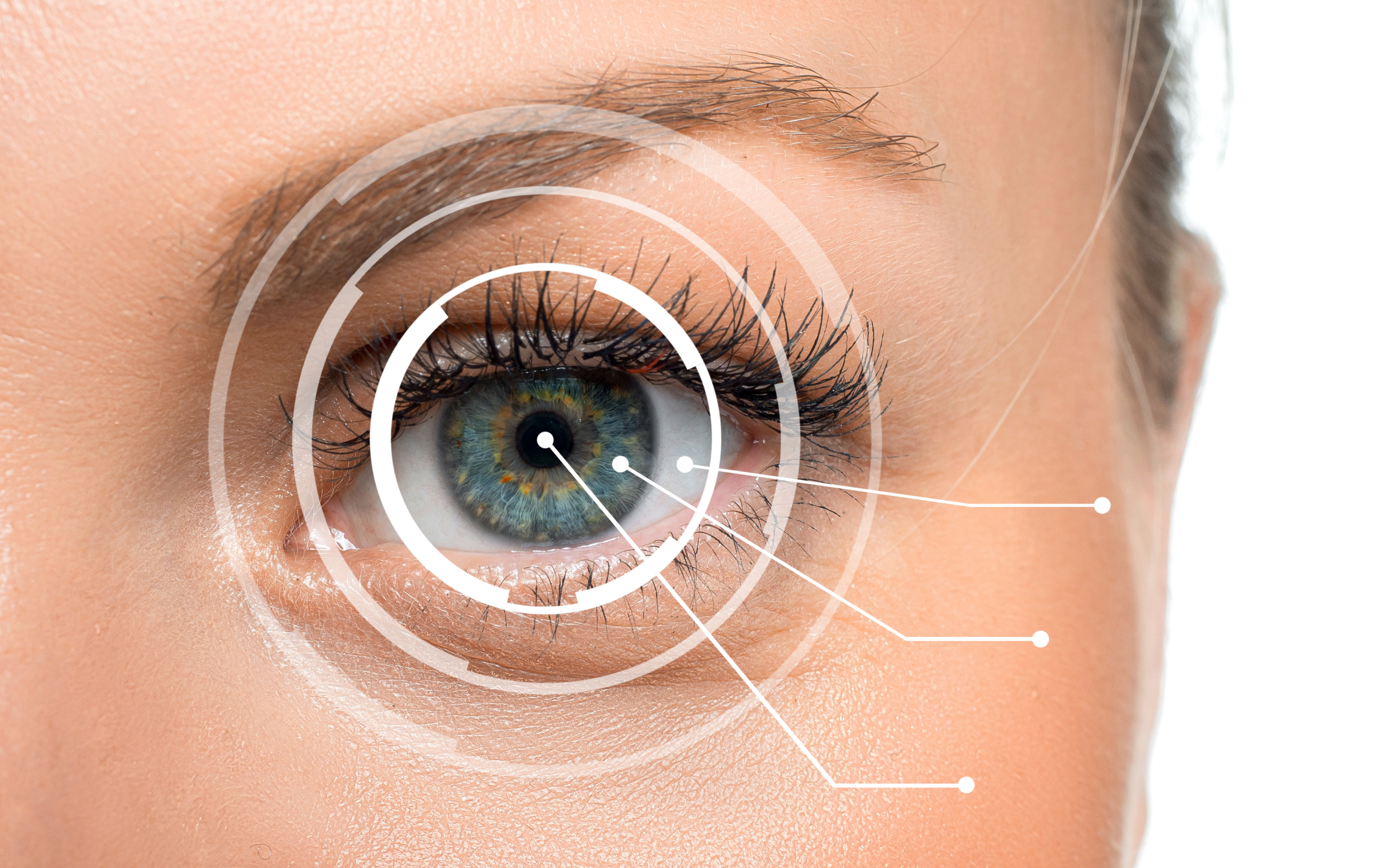
What Can Go Wrong During Your Laser Eye Surgery?

What are the visual requirements for flying, set by the Civil Aviation Authority?
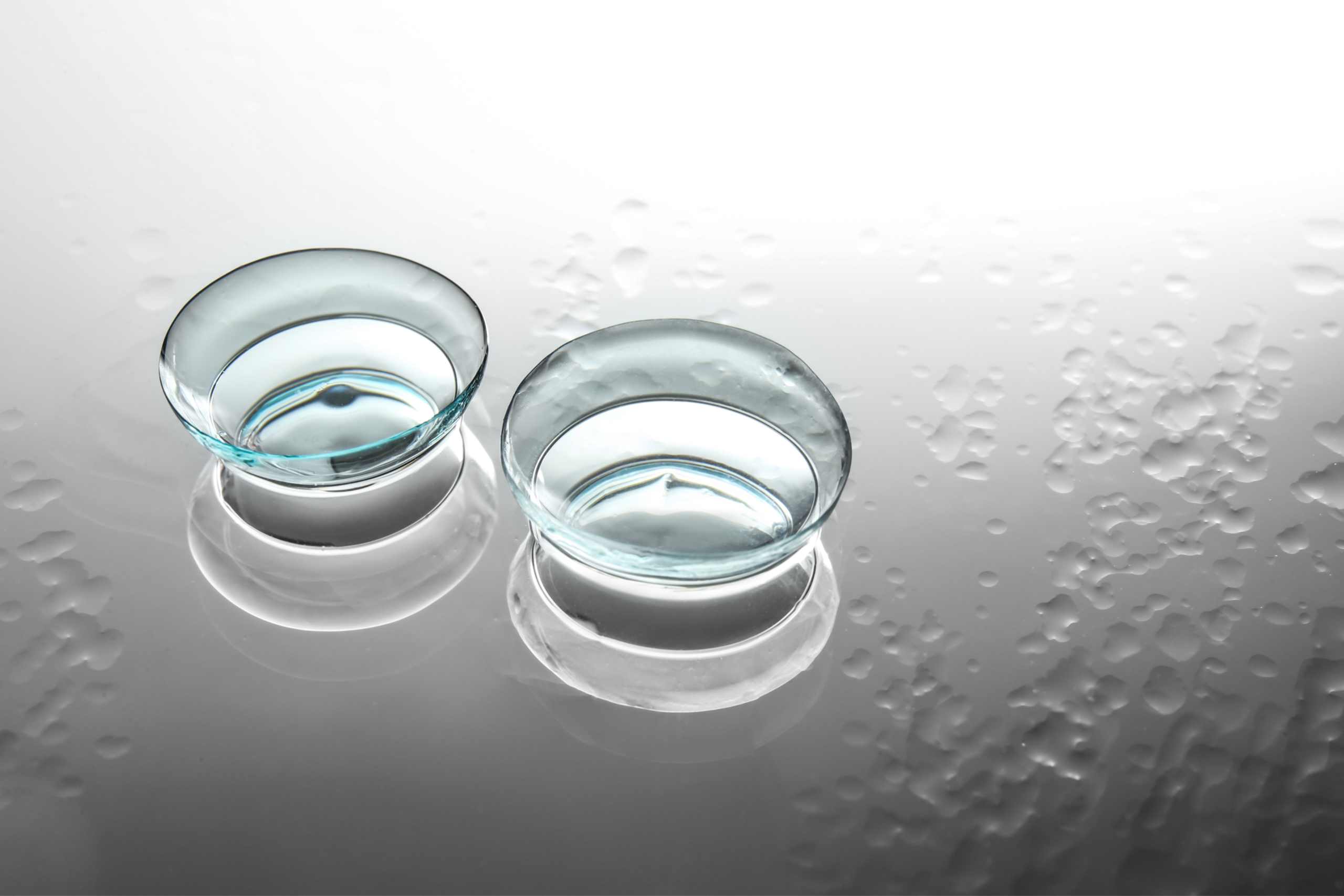
What happens when your vision after laser vision correction surgery is not what you expected?
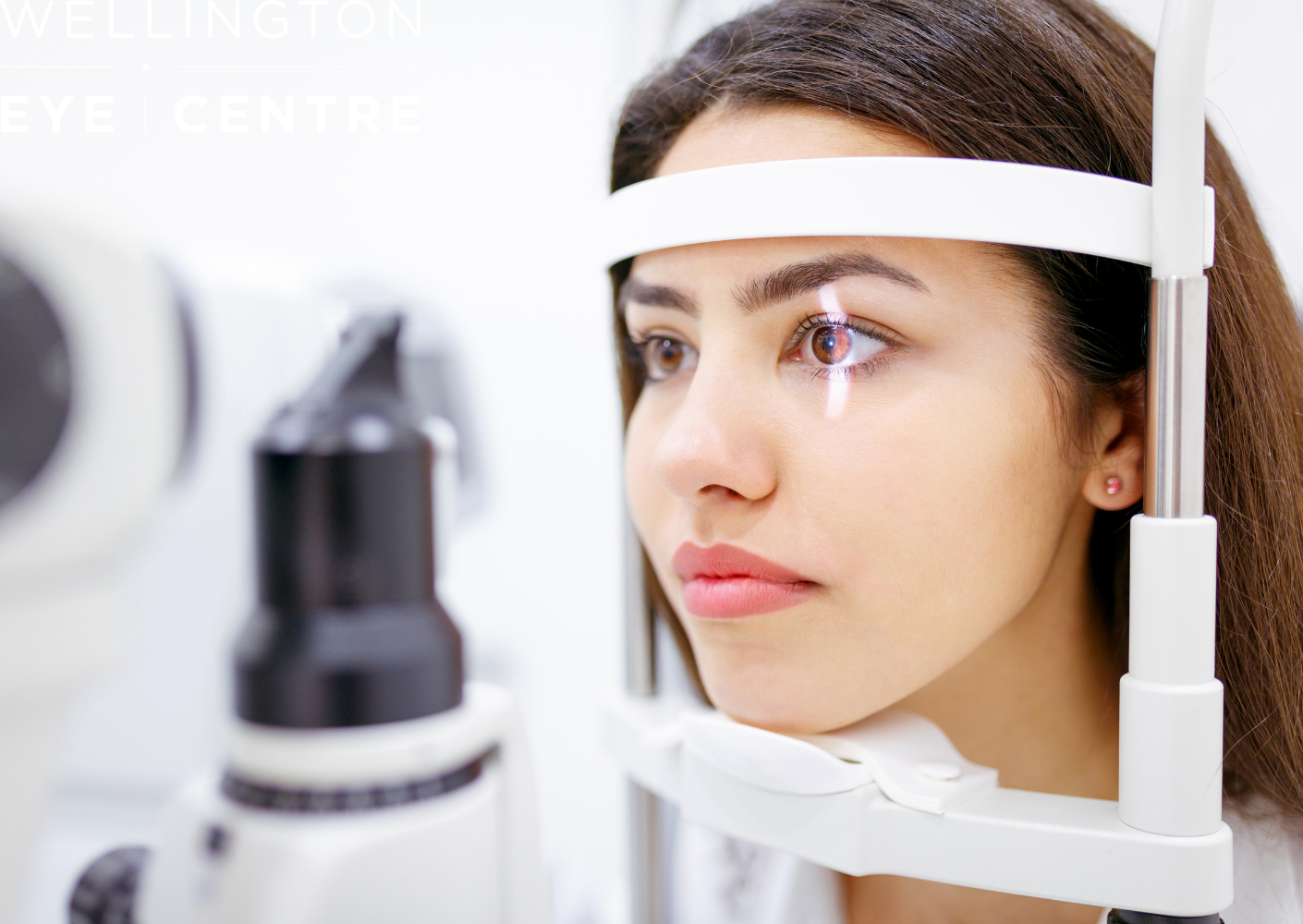
What to expect during your Laser Suitability Medical Assessment at Wellington Eye Centre
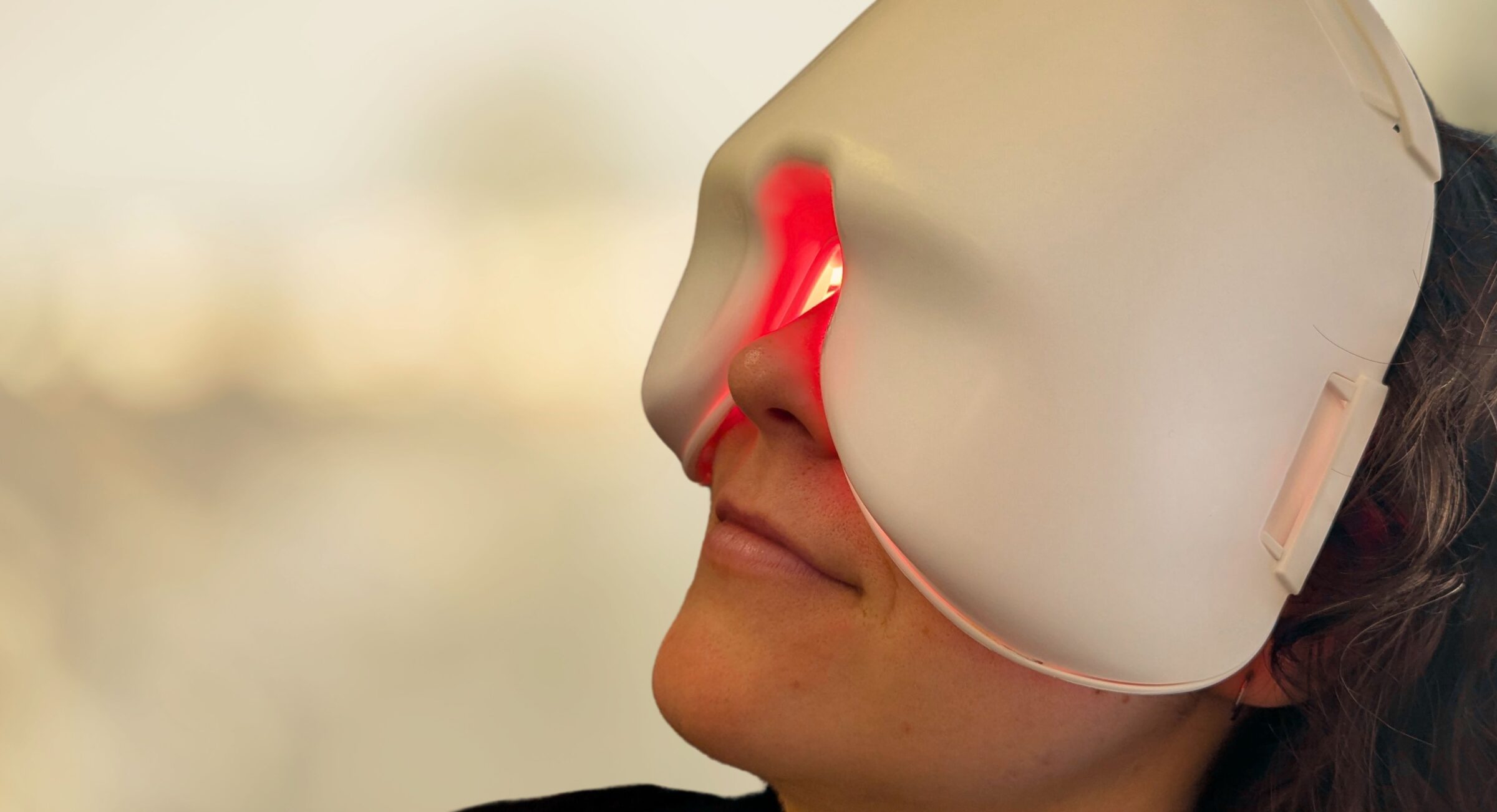
Low-Level Light Therapy for Dry Eyes

Common Medications Used in Laser Eye Surgery

Amblyopia and Laser Eye Surgery
